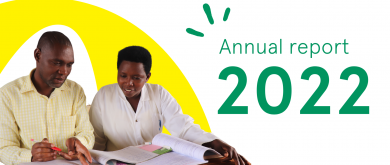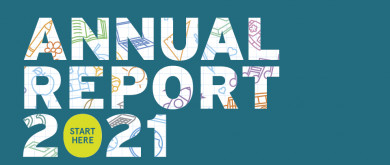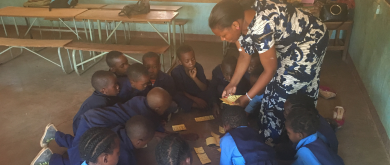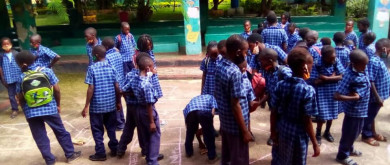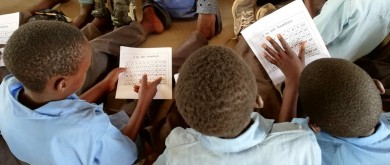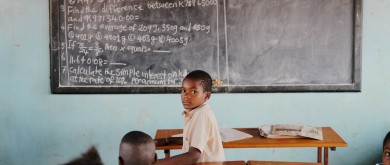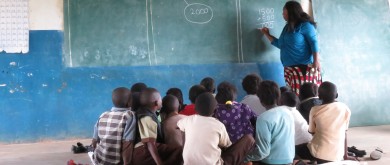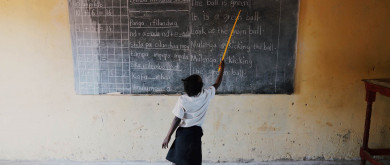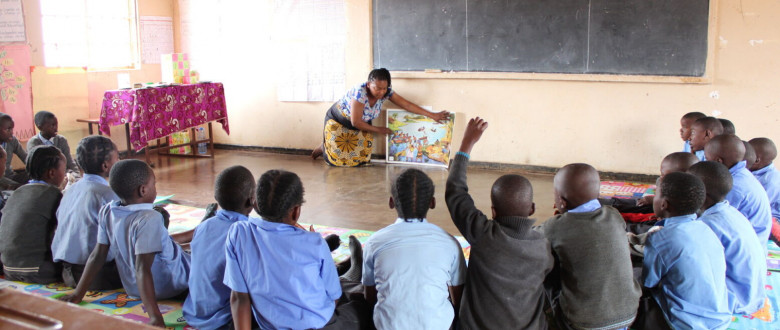
In recent years, Zambia has made strong progress in increasing access to education for marginalised learner groups. However, the country is facing a learning crisis. Children are attending school but not achieving basic literacy and numeracy. In Luapula Province, specific challenges persist: school attendance for children aged 7 to 13 is well below the national average (LCMS 2015); the pupil-teacher ratio is by far the highest in the country (MoGE 2023, Education Statistics Bulletin 2020); and it has the highest dropout rate for primary level, reaching 2.7% for male students and 3.2% for female students, compared to national averages of 1,6 and 2,0% for male and female students respectively (MoGE 2023, Educational Statistical Bulletin 2016).
Although the learning crisis is multidimensional, one of the root causes is that primary school teachers are not properly equipped to teach foundational skills. Remedial teaching methodologies can support teachers to help their learners catch up and ensure effective learning throughout primary education.
Primary school learners in grades 3 to 5 in Luapula Province will have acquired foundational literacy and numeracy skills.
Teaching at the Right Level (TaRL) is a highly effective, evidence-based remedial teaching methodology. Teachers start with a short, individual assessment of each learner on literacy and numeracy, which is then used to group learners based on their level of performance rather than their age. For one hour each day, before or after regular lessons, teachers alternately teach literacy and numeracy skills through playful activities, tailored to the level of the learners.
In Zambia, TaRL has been known as Catch Up since its pilot in 2016. VVOB has been a partner of the Ministry of Education in piloting, implementing and evaluating Catch Up, since this initial pilot. Through partnerships with financial, research and technical partners, the scale of Catch Up has increased, and the programme is currently implemented in 8 provinces and around 5,000 primary schools.
To widen Catch Up’s scope while also ensuring sustainability and relevance, this project is built around two pillars:
- System strengthening: VVOB supports the capacity of the Ministry of Education staff at all levels and through all phases to embed Catch Up-related activities in their work and become “master trainers” of TaRL to train, support and mentor teachers on Catch Up.
- Low-cost innovations: considering the challenging circumstances in Luapula specifically, VVOB is exploring low cost-innovations aiming to improve mentoring and monitoring, and enhance data management and use at school, zone and district level.
As a cross-cutting theme, newly developed teaching materials that focus on gender and address the topic of sexual exploitation and abuse have been incorporated into Catch Up trainings.
By the end of the programme:
- Key government staff (at all levels) and school staff:
- Deliver effective and innovative Catch Up teaching and learning methodologies in 632 schools in Luapula Province using standard Catch Up materials in the iciBemba language as well as newly developed, piloted and revised reading materials.
- Have a good understanding of what sexual exploitation and abuse constitute, and where to report instances of abuse.
- Document and share best practices on learning platforms for continuous capacity development and peer-to-peer learning.
- The Ministry of Education, UNICEF and VVOB:
- Are working with the Ministry of Education staff in Luapula Province to identify, test, evaluate and share the results of two potentially cost-effective innovations to improve school support systems for Catch Up.
- If evaluated positively, have incorporated these innovations into the scale-up plan for Catch Up.





